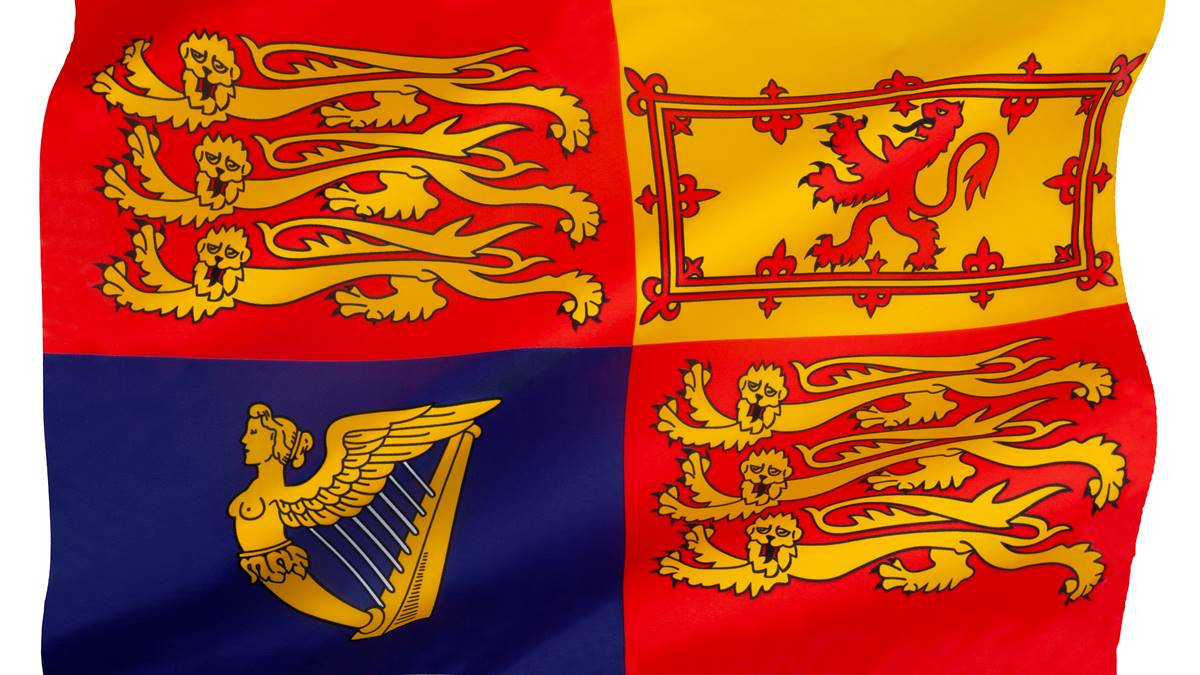Charles III’s own directly held wealth has been reduced as the Duchy of Cornwall, worth £1.05 billion, must be passed on to his son Prince William. Instead, he will receive the Duchy of Lancaster, worth £653 million, and the royal estates, worth £15.6 billion – but the latter will not be directly owned by him.
The Financial Times article recalled that the royal family will receive income from a number of properties and estates. Elizabeth II had more or less a form of ownership over these estates – albeit with some restrictions.
The largest royal estate is the Crown Estate, which is estimated to hold a portfolio of properties worth around £15.6 billion (approximately £7,150 billion). Importantly, these estates are not directly owned by the monarch, but are essentially public assets,
AND PART OF THE PROFITS GENERATED MUST BE PAID TO THE BRITISH TREASURY, OR BUDGET.
In addition, the Duchy of Lancaster’s estates, which differ from the Crown Estate in that they are also owned by the sovereign and the sovereign has free control over the revenues. The value of this is estimated at £653 million (around £300 billion) and the estates generated a net profit of around £24 million for the royal family in 2021.
However, the benefits generated by the dukedom are not only received by the monarch, but also cover the expenses of other members of the royal family, and the monarch must pay tax on the income, and even if the estates change hands. The only exception to the latter is when property is passed from monarch to monarch – meaning that now, when he succeeds to the throne, King Charles does not have to deal with tax matters.
SO IT ALL NOW PASSES TO CHARLES III – WHO ALREADY HAD A FORTUNE WORTH BILLIONS OF POUNDS.
As Duke, Charles held the Duchy of Cornwall estates, estimated to be worth £1.05 billion (£481 billion) (even more than the Duchy of Lancaster, which he has now inherited), and his portfolio includes various estates, country mansions and seaside properties. These estates, according to their latest Treasury report, have generated £23 million in net profits in a year and will now become the property of Prince William upon his succession to the throne.
Will there be a change?
According to the Financial Times, a big question will be whether Charles III will follow in Elizabeth’s footsteps in managing the royal estates or whether he will change business policy to some extent. According to their assessment, Elizabeth II exercised mostly indirect control over the estates, delegating most decisions to her subordinates and pursuing a basically conservative business policy, with less inclination to make changes.
IN CONTRAST, CHARLES HAD SO FAR MANAGED HIS OWN ESTATES ALMOST AS A KIND OF CEO-OWNER.
The incoming monarch had hitherto taken a more hands-on approach and had been directly and personally involved in the management of the estates. This has led some of his subordinates to regard him as a kind of businessman, a corporate ‘boss’.
According to the Financial Times, Charles had also previously suggested that the royal family should live solely on the income generated by the Crown Estate, but in practice no such move has yet been made.

